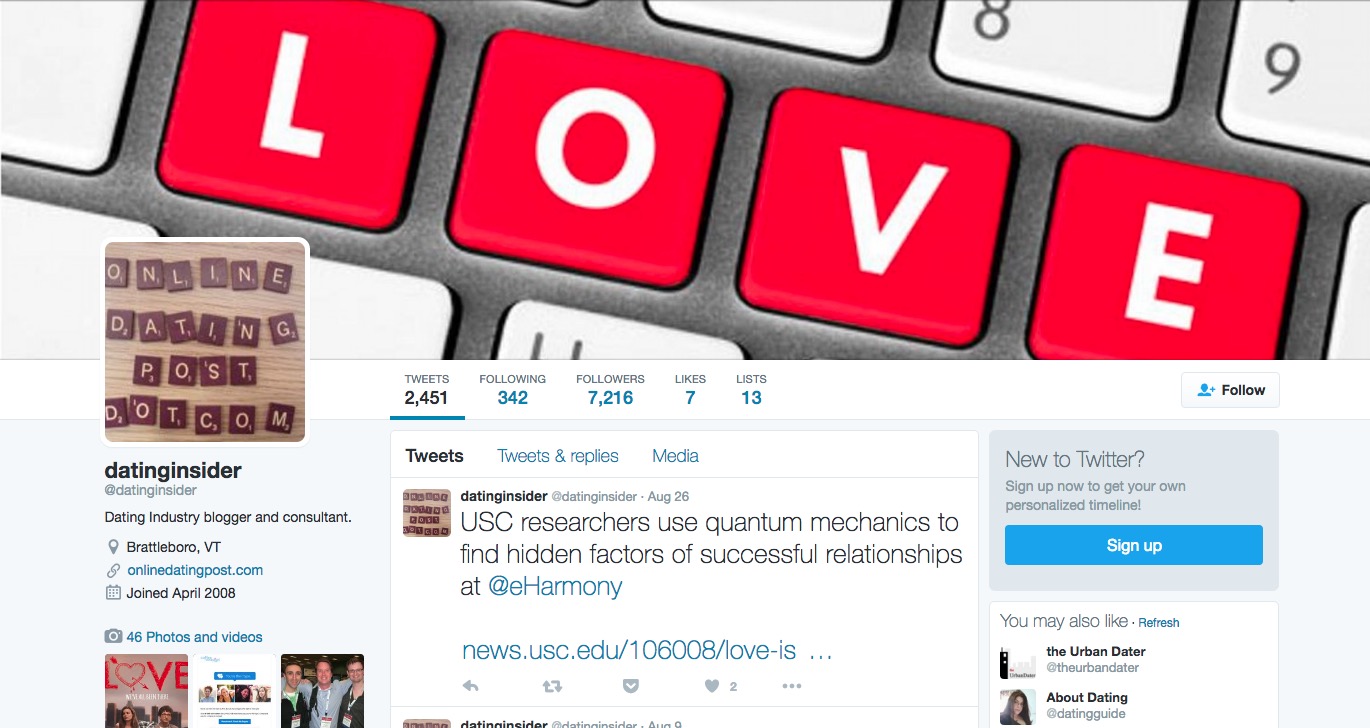At this past weekend’s annual meeting of the American Economic Association borrowed from online dating – to more efficiently match job candidates and potential employers. It is called “€œsignalingâ€?,€Â? and it is designed to reduce the time and cost of hiring professors by weeding out those who aren’t serious prospects and homing in on those who are.
The AEA system shares an idea and an advisor – Stanford economist Muriel Niederle – with Cupid.com. On that online dating site, women face a problem akin to that of employers: Men signal their interest in women by sending electronic messages, but because it is easy to send hundreds of messages, it is difficult and time-consuming for women to separate spammers from good prospects.
In the summer of 2005, at the suggestion of Prof. Niederle and MIT economist Dan Ariely, Cupid began allotting each of its male members two electronic roses a month, which they could send along with messages to women whom they wanted to impress. The scarcity of roses motivates the suitors to be selective and serious.
“€œIt’s been a wonderful thingâ€?,Â? says Eric Straus, CEO of Cupid.com, who estimates the roses have increased a suitor’s chances of getting a reply 35 percent. “One of the problems in online dating is that men are ignored and women are inundated. Anything that allows a message to stand out is a great benefit.€Â?
Two roses a month is not a lot, that would really force you to think hard about who you are sending them to, and possibly extend the duration of the subscription, to the benefit of Cupid.com.
More at AZCentral.

